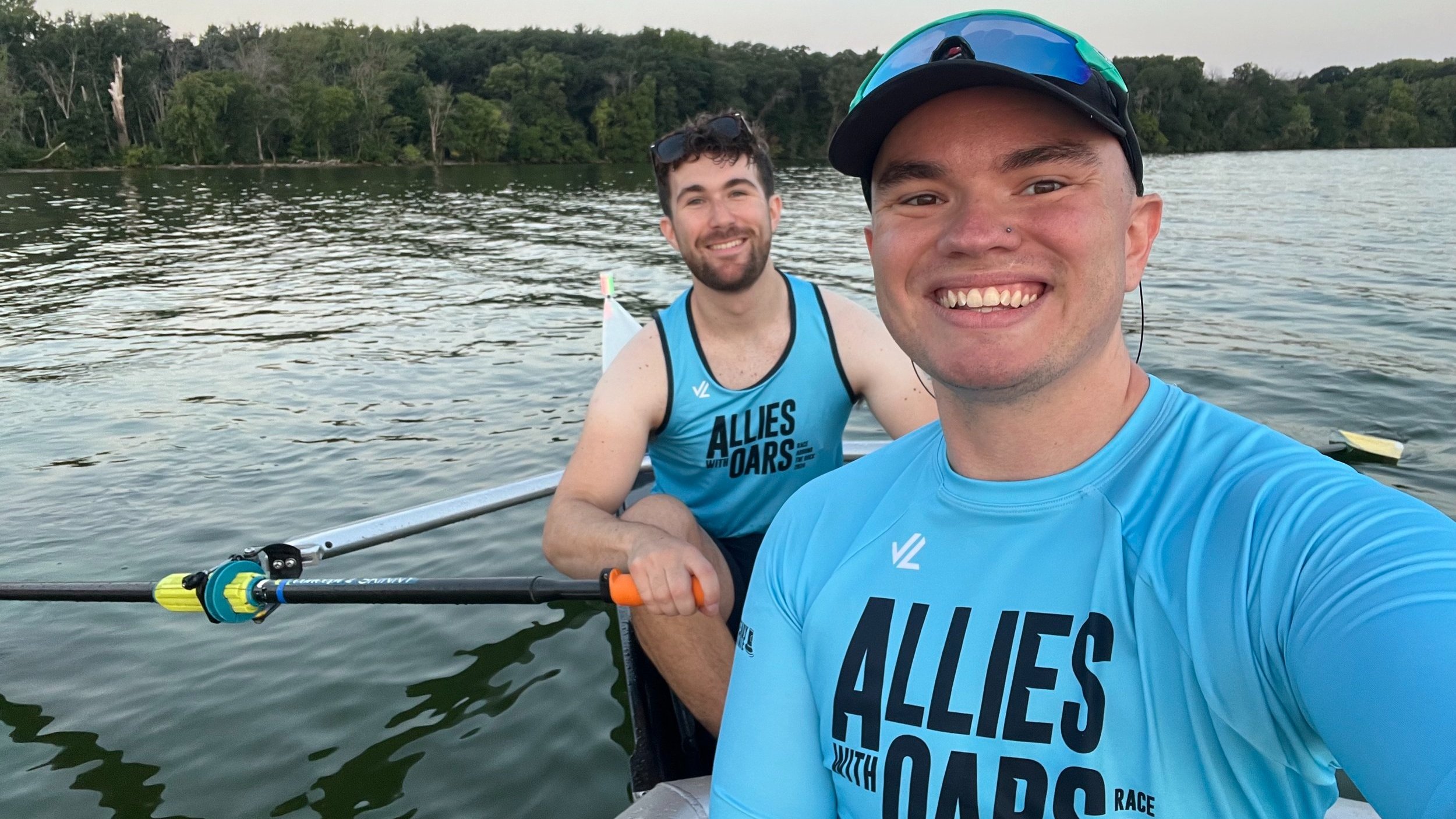
RESOURCES
CURRENT POLICIES
NCAA Transgender Student-Athlete Participation Policy
Announced: Feb. 6, 2025
The NCAA board of Governors voted to update the Association's participation policy for transgender student-athletes following the Trump administration's executive order. The new policy limits competition in women's sports to student-athletes assigned female at birth only. The policy permits student-athletes assigned male at birth to practice with women's teams and receive benefits such as medical care while practicing.
World Rowing Rules for Transgender Women
Updated: March 15, 2023
World Rowing reviewed the regulations for participation of women athletes in international competitions. The review was based on current scientific evidence highlighting the significant performance differences between males and females in rowing, with the core objective of guaranteeing fair competition and participation for women in sport.
International Olympic Committee Framework on Fairness
Released: November 2021
This Framework came together in the context of growing discussion about the best ways to support trans athletes and athletes with sex variations to compete in sport in ways that affirm their identity and well-being, while also ensuring meaningful and fair competition. The Framework aims to provide pathways to inclusion in elite sport without discriminating on the basis of gender identity or sex variations, while defining disproportionate advantage in ways that preserve meaningful and fair competition.
USRowing Gender Identity Policy
Effective Date: Feb. 21, 2023
This Gender Identity Policy is applicable only to athletes competing in domestic competitions hosted or sanctioned by USRowing. It details eligibility for Youth Level (Youth, Junior, High School, Scholastic, U19, U17, U15), Adult Athletes (includes masters, senior, intermediate, U23, 18 and over who are not in college or high school), and college athletes.
For Coaches and Administrators
How Coaches Can Emphasize LGBTQ Inclusiveness
Source: Positive Coaching Alliance
For coaches, respect and inclusion are key elements for any successful team. If you don’t call out derogatory language and discuss the inclusion of lesbian, gay, bisexual, transgender, queer or questioning (LGBTQ+) athletes, your team culture can quickly turn negative and unwelcoming. This means athletes will perform worse or even quit due to a lack of support.
Ally Guide for Sports Leaders
Source: Athlete Ally
As leaders in sports – whether you are a coach, athletic director, athletic trainer, or other key part of the community – you play a major role in creating inclusive team spaces by setting an expectation of and modeling respect for everyone. A leader’s attitudes and values are often mimicked by players. Your attitudes and actions matter. Championing respect and inclusion starts with your own inclusive philosophy.
FAQ: LGBTQA+ / Transgender & Gender Expansive Policies
Source: Athlete Ally x Out in Athletics
This document was put together based on a series of frequently asked questions by athletic administrators. We hope you will find this resource useful in developing LGBTQA+ policies at your institution or within your athletic department.
Integrating LGBTQI+ Inclusivity Into Your Team Culture
Source: Athlete Ally
Coaches play a critical role in supporting and advocating for athletes who are LGBTQI+ and gender nonconforming. By acknowledging, valuing, and working to understand the gender identities and sexualities of team members, coaches recognize them as a whole person. Coaches are in a position to cultivate an inclusive team culture that supports LGBTQI+ and gender nonconforming team members. Together as a team, athletes and staff members can develop expectations for all team members.
